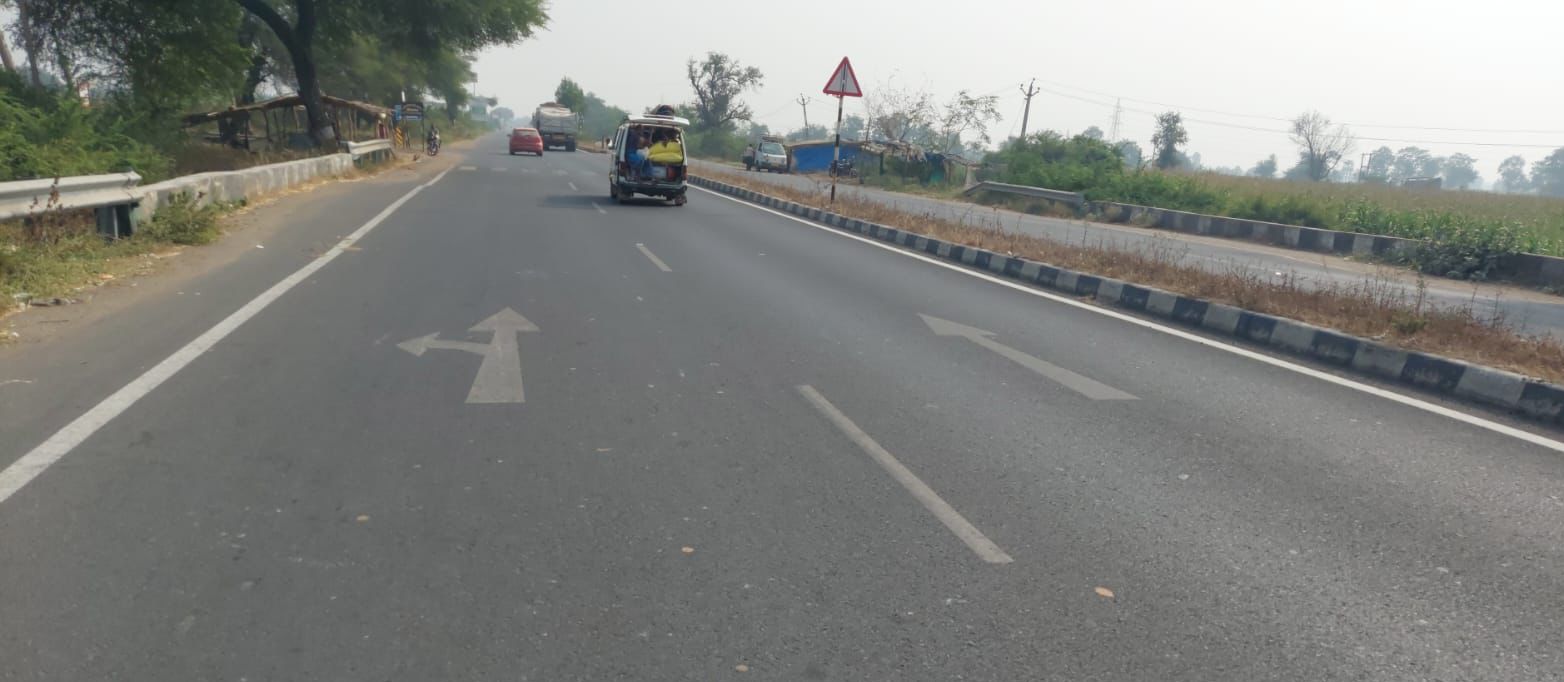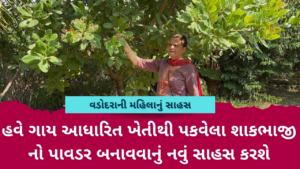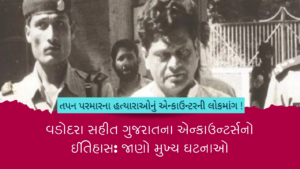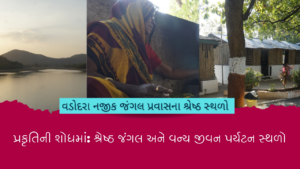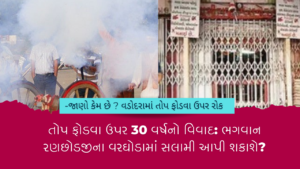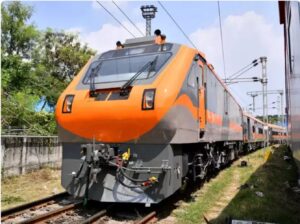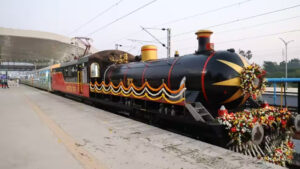The Vadodara-Waghodia State Highway in India is undergoing a groundbreaking construction process that has never been implemented before in the country. A 4200-meter section of the highway will be built using the cement grouted bituminous mix (CGBM) method, which is known for its long-lasting durability.
The Roads and Buildings Department in Vadodara district sought the help of the Central Road Research Institute to address the frequent collapses of a section of Waghodia State Highway. The department allocated Rs. 14 crore to renovate the 16-kilometer stretch from National Highway to Waghodia, passing through Vadodara.
The CGBM method involves the use of grout made of cement and other materials, which is spread over small gaps in the asphalt mix to fill in the air voids. This technique is costlier than the traditional method, with a ten percent increase in costs. However, the CGBM method has proven to be highly effective in ensuring the longevity of roads, as evidenced by a road built by the Surat Municipal Corporation seven years ago that remains intact to this day.
Executive Engineer of Vadodara Road and Building Department Rural, Mr. Kamlesh Thorat, explained that the 4200-meter-long road starting from Parul University on the Vadodara to Waghodia road frequently experienced breakdowns, prompting the department to seek the help of the Central Road Research Institute. Dr. Manoj Shukla, an expert from the organization, recommended using the CGBM method for the highway, making it the first time it has been used in India.
In addition to using the CGBM method, the department is also protecting the geo-textile along the banks of the road from damage caused by rock water. A layer made of special material and plastic will be laid inside the road to provide a way for water to escape, preventing damage to the road.
Out of the 4200 meters of the Waghodia Highway, 1300 meters will be made with cement-treated base course, and the remaining part with conventional wet mix. The construction work for the CGBM section of the road is expected to begin soon, with plans to complete the entire project by June.
The traditional method of road construction involves analyzing the minerals in the soil and calculating the hardness ratio of the soil to determine the California Bearing Ratio (CBR). Depending on the traffic load, roads are constructed in several layers. The higher the CBR, the lower the layer levels, while the percentage of CBR is generally lower in black and clayey soils.
The Vadodara-Waghodia State Highway’s construction using the CGBM method is a significant step towards revolutionizing road construction in India. The implementation of this innovative technique promises to provide a more durable and long-lasting solution to India’s road infrastructure problems.

